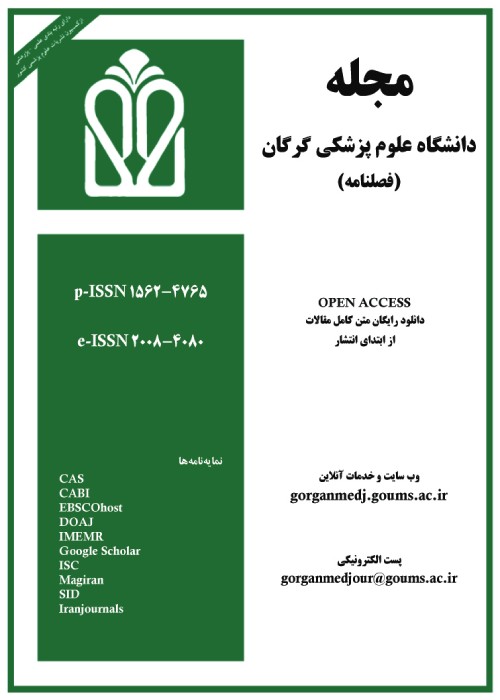Relationship between dietary energy density and indices of mental health in overweight and obese women
Mood disorders such as depression, anxiety, stresses, and low sleep quality are common among overweight / obese people. Accumulating evidence support the role of diet quality in brain function and behavior. This study was done to determine the relationship between dietary energy density and indices of mental health in overweight and obese women.
This descriptive-analytical study was performed on 301 women, referring to Tehran health centers, with mean BMI 30.7±3.7 kg/m2 aged 18-56 years during 2017-18. Based on a semi-quantitative food frequency questionnaire, dietary energy density was calculated by dividing the total dietary energy intake from consumed food (kcal/d) by the total weight (g/d) of consumed foods (excluding beverages). Physical activity was measured using International Physical Activity Questionnaire (IPAQ). The questionnaire includes 7 items to assess the intensity of activities by the vigorous, medium, and light for at least 10 minutes during the last week. Mental health was assessed using the 21-question version of the Depression Anxiety Stress Scales (DASS-21) and the Pittsburgh Sleep Quality Index was applied for screening sleep quality. Weight, height, BMI, hip, and waist circumference were measured for all participants.
Women in the highest quartile of dietary energy density had higher systolic and diastolic blood pressure but lower serum triglyceride (P<0.05), compared with subjects in the first quartile. Univariate (95% CI: 1.01-4.56, P=0.04, OR=2.15) and multivariate (95% CI: 1.13-5.79, P=0.02, OR=2.56) logistic regression analysis, adjusted for age, BMI, and physical activity, showed that dietary energy density was significantly related to increased risk of stress. No significant association was detected between dietary energy density with sleep quality, depression, and anxiety.
Dietary energy density was directly associated with the presence of stress, but not depression, anxiety and low sleep quality.
- حق عضویت دریافتی صرف حمایت از نشریات عضو و نگهداری، تکمیل و توسعه مگیران میشود.
- پرداخت حق اشتراک و دانلود مقالات اجازه بازنشر آن در سایر رسانههای چاپی و دیجیتال را به کاربر نمیدهد.


